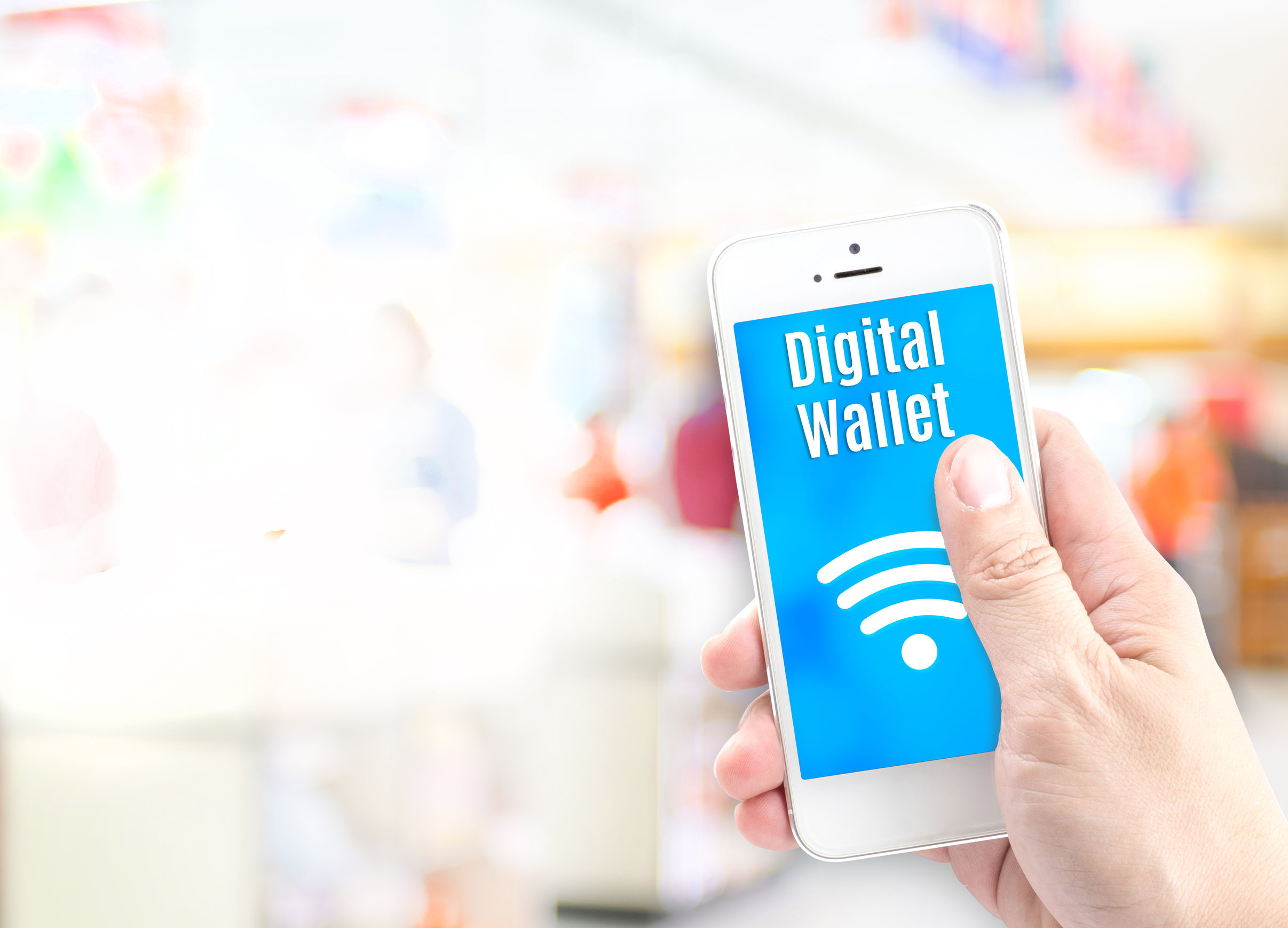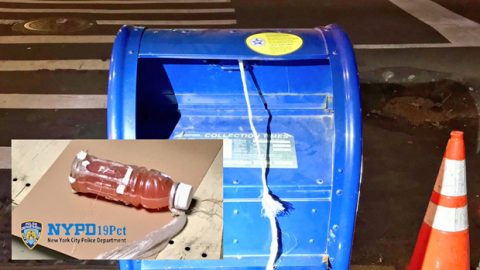
Alternative payments are taking over in the business world, and many travelers are already comfortable with touchless payments, invisible payments and mobile wallets as part of their purchasing habits. The growing popularity of bleisure – a term used to describe business travelers who also enjoy leisure time during their trips – has resulted in consumer habits infiltrating the corporate travel space. A recent survey of 250 travel decision-makers conducted by Barclaycard found the following:
- 29% of travel managers say that requests to pay via mobile wallets have increased over the last year.
- 26% have seen a rise in the number of travelers who want to book their trips on a supplier mobile app.
- 37% of travel buyers have seen an increase in the use of virtual cards over the past five years.
- 49% have noted an increase in the use of digital or mobile wallets.
- 66% of travel buyers anticipate that the use of mobile wallets will increase over the next five years.
- 58% expect to see an uplift in the use of “invisible payments” – entering card details once into an app for repeat purchasing – over the same period.
- 30% of decision makers say that widespread acceptance of digital payments by suppliers will help drive their adoption.
- 43% of travel decision-makers are more concerned about their level of control over business travel and entertainment expenses than they were last year.
Bleisure travel is also becoming commonplace, according to Barclay. Some 94% of decision makers say that their company allows employees to extend their business trips, with a few days of leisure. This shift has generated a few points of friction. One-third of travel decision-makers surveyed expressed frustration with employees not using corporate cards for payment, and using personal accounts instead, which makes monitoring that expenses stay within corporate policy more difficult. Additionally, more corporate travelers are booking their trips on mobile apps which may not be in compliance with the company’s payment process. The study also finds that buyers’ payments are declined without a clear reason up to eleven times per month and suggests that greater flexibility in the way suppliers accept payments might resolve this.
Source: tnooz.com




